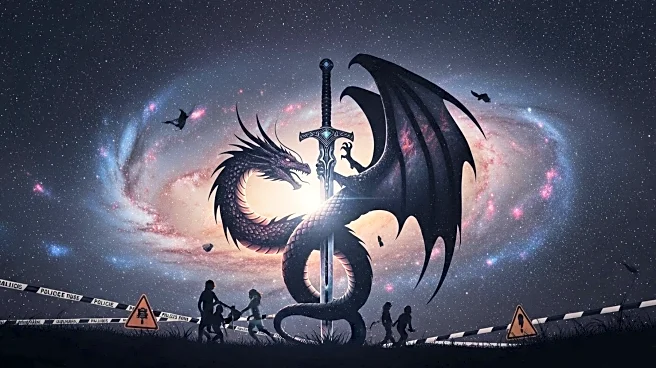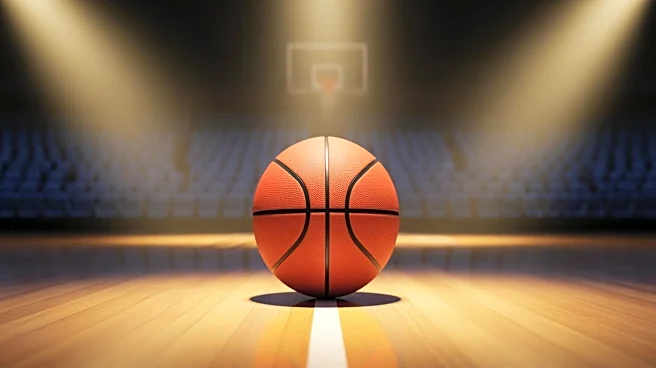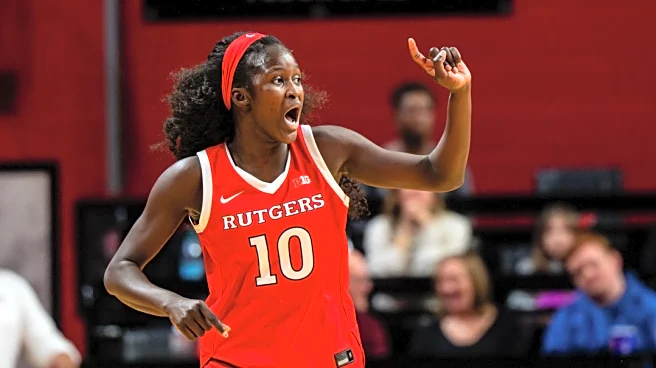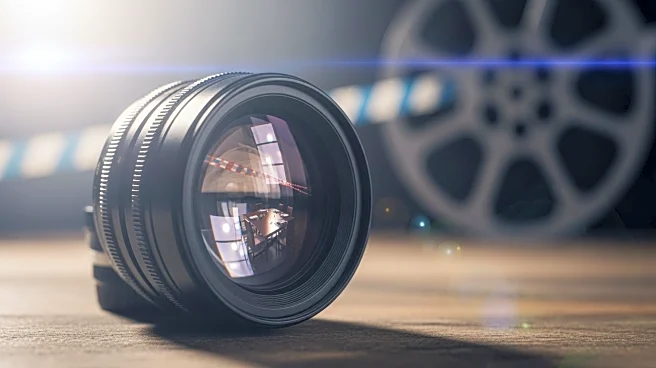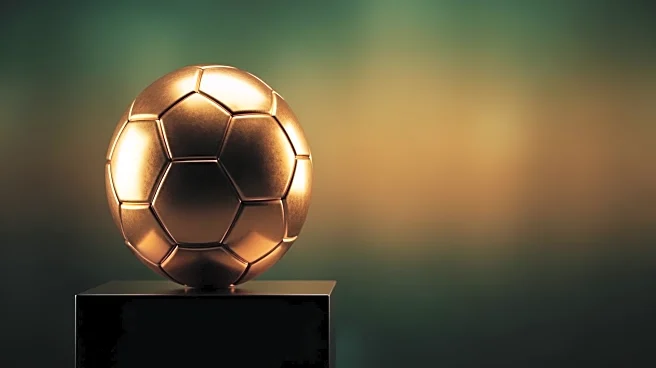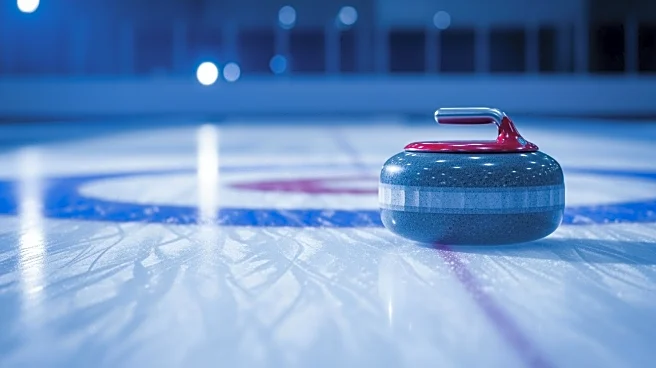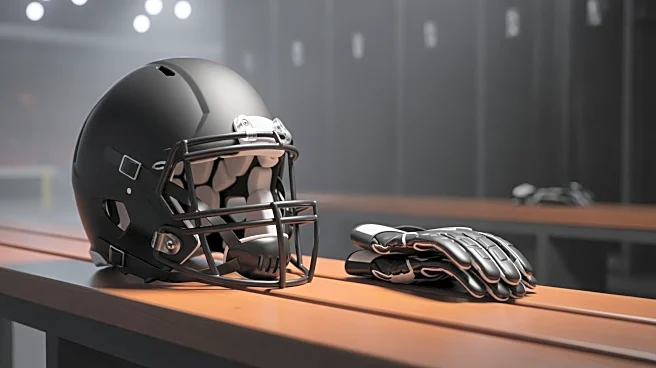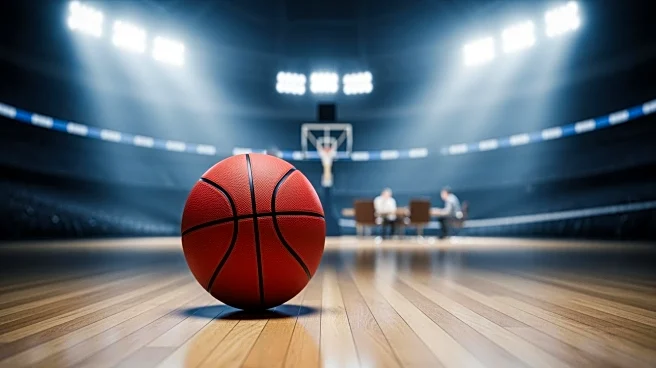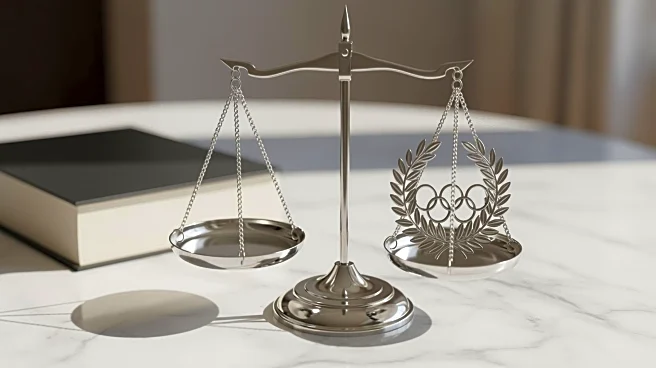What is the story about?
What's Happening?
Yoshiki Okamoto, a prominent figure in the gaming industry and chairman of the Japan Game Culture Foundation, has voiced strong opinions on the ongoing copyright lawsuit between Nintendo and indie game developer Pocketpair over the game Palworld. Okamoto criticized Palworld, describing it as a game that 'transcends the boundaries of war' and expressed concerns about the implications of the lawsuit. He argued that if Pocketpair wins, it could encourage other companies to copy intellectual properties like Pokémon, especially with the rise of generative AI. Okamoto's comments have sparked controversy, with many in the gaming community opposing his stance, arguing that Nintendo's actions represent patent abuse and are detrimental to consumer choice.
Why It's Important?
The outcome of this lawsuit could have significant implications for the gaming industry, particularly concerning intellectual property rights and the use of similar game mechanics. If Nintendo prevails, it may set a precedent that could limit creative freedom and innovation, as developers might become wary of potential legal challenges. Conversely, a victory for Pocketpair could embolden other developers to create games with similar mechanics to established franchises, potentially leading to a more diverse gaming market. The case also highlights the ongoing debate over the balance between protecting intellectual property and fostering innovation in the gaming industry.
What's Next?
As the lawsuit progresses, both Nintendo and Pocketpair will continue to present their arguments in court. The gaming community and industry stakeholders will be closely monitoring the case, as its outcome could influence future legal battles over game mechanics and intellectual property. Additionally, the reaction from the gaming community suggests that there may be increased scrutiny on how large companies like Nintendo handle intellectual property disputes, potentially leading to calls for reform in how such cases are adjudicated.
Beyond the Headlines
This case underscores the ethical and legal challenges in the gaming industry regarding intellectual property. It raises questions about the extent to which game mechanics can be patented and the potential stifling effect on creativity and competition. The controversy also reflects broader cultural tensions between protecting established franchises and encouraging new entrants to innovate and compete in the market.
